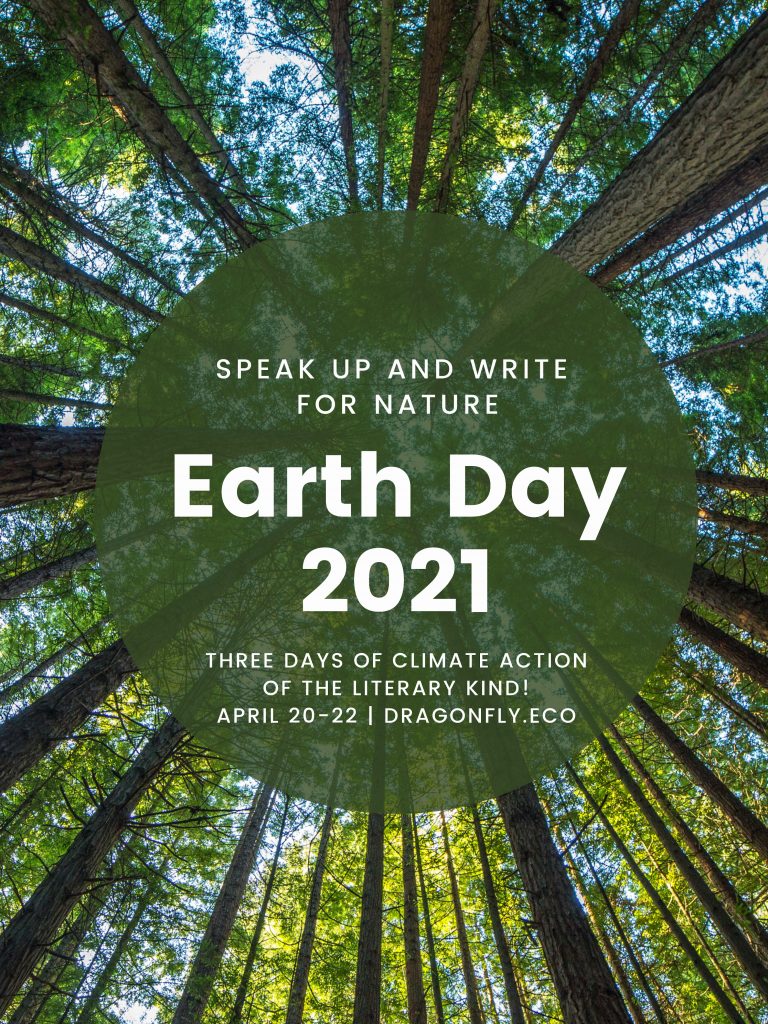
In 2021, Ecofictology’s Lovis Geier and I decided to start a Discord community titled Rewilding Our Stories. We wanted a discussion community to serve academics, journalists, scientists, publishers, authors, artists, musicians, game designers, readers, and others interested in the “mama genre” of eco-fiction. This category of literature covers stories in which nature, the environment, and humanity’s impact on the planet (such as climate disruption) are integral to plot, character evolution, and/or place. We also wanted to recognize the multiple genres that fit into this topic and provide a safe place for people to discuss their own work and other work they enjoy.
With nearly 90 members now, we’ve turned into the live, interactive portion of what is represented at Dragonfly and have some books we think you would enjoy. This reading list is inspired by Earth Day. Earth Day is not just one day, and our community understands that. This year’s Earth Day theme is three days of climate action, but authors and others working in the field of climate and ecological fiction work year-round. Our stories represent our activism and creativity every day. In that sense, Earth Day is a movement, not one day. It’s a dynamic and constant process.
Earth Day Recommendations
Reminiscent of end caps at bookstores that celebrate “staff picks,” here’s a list of some of Rewilding Our Stories’ favorite novels that rally around our natural world. We love a lot of other novels too, but I asked people to pick only one or two for this section. Note that our “favorites” alternate often, and so this list is based on current mood and what we’ve read so far. We’ve all got huge reading lists and are in the midst of those too.
Selena recommended an Indigenous/POC anthology out of Australia, by Anthology Sweatshop: After Australia–edited by Michael Mohammed Ahmad. “Climate catastrophe, police brutality, white genocide, totalitarian rule and the erasure of black history provide the backdrop for stories of love, courage and hope.” Published by Affirm Press in partnership with Diversity Arts Australia and Sweatshop Literacy Movement.
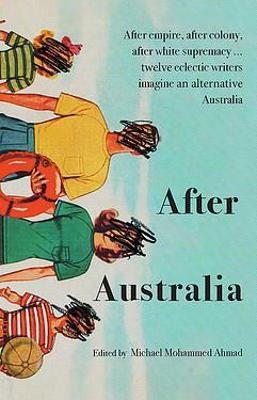
Forrest chose McSweeney’s Issue 58: 2040 A.D. “Spanning six continents and nine countries—from metropolitan Mexico City to the crumbling ancient aqueducts of Turkey, the receding coastline of Singapore to the coral shores of northern Australia—McSweeney’s 58 is wholly focused on climate change, with speculative fiction from ten contributors, made in collaboration with the Natural Resources Defense Council (NRDC).” Forrest said, “I like this short story collection because it imagines what life will look like in places all over the world in 2040 AD if we continue on a business-as-usual approach to climate. There are stories in here from Croatia, Singapore, Mexico, India, and more. These are really imaginative stories.”
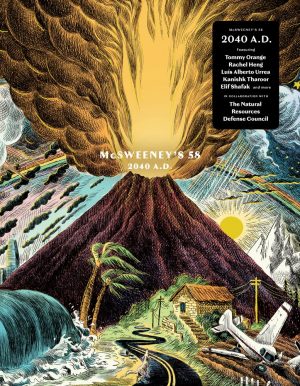
Forrest also chose Daniel Quinn’s Ishmael, though it is also a favorite of many from the Discord. He said, “I got this book as a birthday present from a former coworker, and I did not expect to be as blown away by it as I was. Although a lot of people who talk about Ishmael like to focus on what it says about the Agricultural Revolution causing overpopulation and the ecological crisis, I wasn’t actually convinced by this argument. Instead, I like to focus more on what the book says about mythology and how to inspire change. Favorite quote: “…people need more than to be scolded, more than to be made to feel stupid and guilty. They need more than a vision of doom. They need a vision of the world and of themselves that inspires them.” I think that’s one of the most important functions of literature today, and this quote sums it up so nicely!
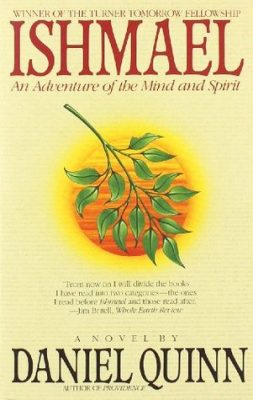
Giulianna, who writes fiction for The Fifth World, recommended Memory of Water by Emmi Itäranta and James Bradley’s Clade. She said of these books: “Two short, beautifully written literary novels, both written about ecological collapse, but from opposite sides of the globe (Finland and Australia).”
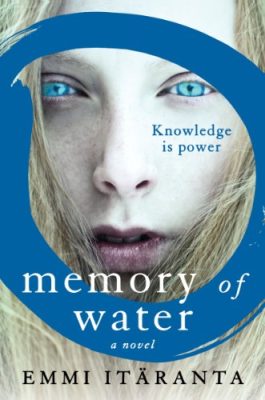
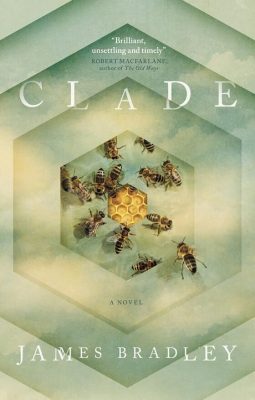
Mary had a couple suggestions as well: Emin Madi’s The Green Gold of Borneo and Evie Gaughan’s The Story Collector. She said, “I am going to pick The Green Gold of Borneo, a little known ‘docu-fiction’ that explores the natural history and mystery of the beautiful Sabah’s Lost World, a large basin in Borneo that is probably the last, or one of the last, places on Earth that has been left alone for the most part. Emin respects the local Murut and also has experience in the natural and cultural history and current environmental practices in place there.”
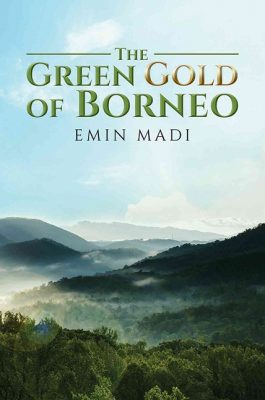
“The second is a romance novel by Evie Gaughan, set in Ireland, called The Story Collector. It’s part mystery, part romance, part mythology and goes back and forth in a dual timeline between a modern day woman trying to get over a heartache and another woman, Anna, from the 20th century. The natural history of the area (Ireland) is strong in the novel and just goes to prove, to me, that my favorite stories are ones of humans sorting things out but also dignifying local place and ecology.”
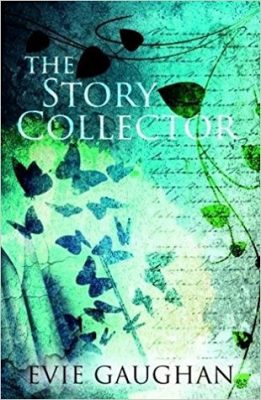
Dewey looked back on a couple older books that had an impact on him. “I’ve got a soft spot for Ernest Callenbach’s Ecotopia. And then I don’t think any list would be complete without Edward Abbey’s Monkey Wrench Gang (whatever your take on it, I think it was an undeniably important contribution to the field).”
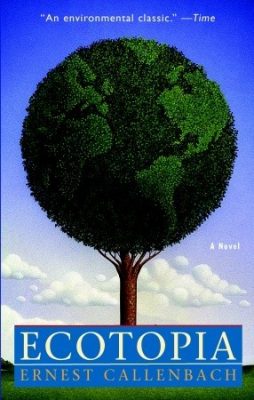
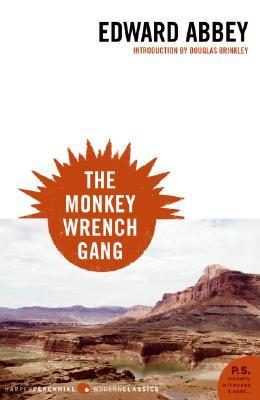
Lovis recommended Ilija Trojanow’s Lamentaions of Zeno. “The grief the main character feels for the death of his glacier as the world warms was so heartwrenching and I thought the book was truly therapeutic in how honest it was about what we are losing. Especially from a scientist’s point of view, who put their love and passion into studying something they know is going to disappear. Beautiful.”
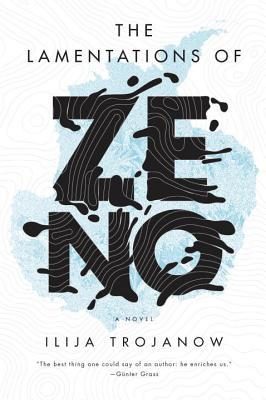
Lovis also suggested Flight Behavior by Barbara Kingsolver, admittedly on my list too! She said, “The effect of climate change on the migration patterns of monarch butterflies and again, a scientist who is watching what he loves fade away.”
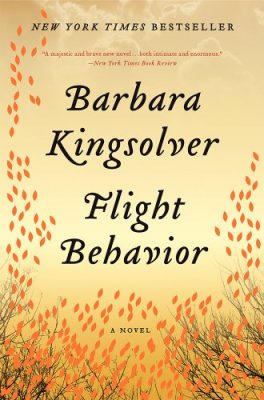
What We’re Reading (and Watching)
It’s kind of neat looking at the history of our reading lists. I won’t mention all of our books, because there are just so many. Peppered here and there are also conversations about such authors as Kim Stanley Robinson and Octavia Butler. Forrest said, “This is a bold statement, but I do think Kim Stanley Robinson is one of the most important living writers. I think he’s really quite a visionary and has been writing about this stuff for years. To me, anyway, I would put him up alongside Octavia E Butler and Ursula K Le Guin.”
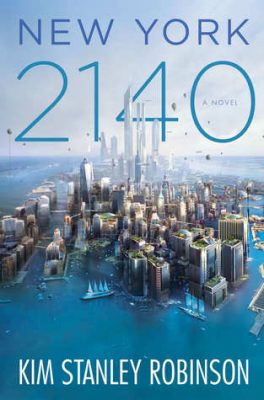
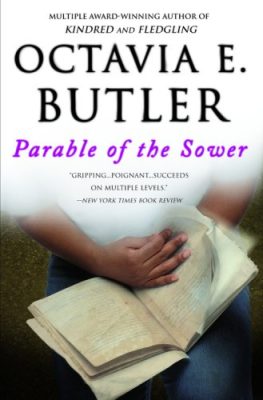
In December Mary was reading Christiane Vadnais’s Fauna, which impacted her to no end. “I really like reading novels that make me feel like I’m dreaming or take me somewhere else, and Fauna does that. Quite possibly my favorite novel ever in this genre–with a touch of weird thrown in.”
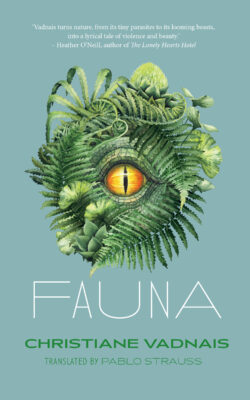
Forrest, who is a moderator at the community, was reading Always Coming Home by Ursula K. Le Guin and Fragments, by Craig Russel, who was on Forrest’s Stories for Earth podcast later. He had also recently rewatched Princess Mononoke and started Nausicaä of the Valley of the Wind.

Collectively, we discussed at length Amitav Ghosh’s The Great Derangement, and this evolved into talks about Nathaniel Rich’s Odds Against Tomorrow and novels by Jeff VanderMeer, Christiane Vadnais, China Miéville, and Tlotlo Tsamaase by Mary; Herman Melville’s Moby-Dick and John Steinbeck’s The Grapes of Wrath by Forrest; magical realism by Maarja; and a discussion about Gabriel Garcia Marquez.
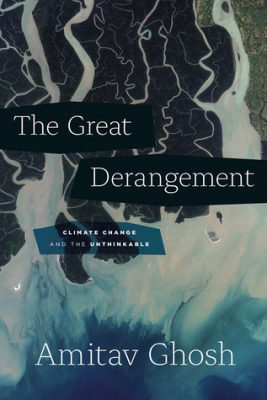
Back in the latter part of 2020, when the Discord opened, Barb was reading Stillicide by Cyan Jones and recommended Ecotopia by Ernest Callenbach.
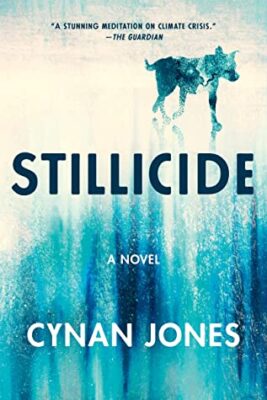
On almost everyone’s reading list right now is Hummingbird Salamander by Jeff VanderMeer.
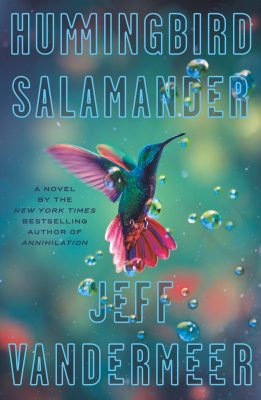
In November of last year, Mary reviewed Loveoid by JL Morin and discussed Diane Cook’s The New Wilderness and Yun Koe-un’s The Disaster Tourist.
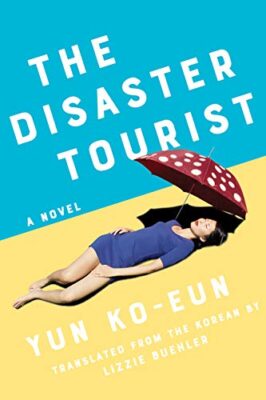
Lovis talked about a stunning Neil Gaiman story read by Amanda Palmer: The Mushroom Hunters.
Forrest‘s podcast covered Weather by Jenny Offill. “I talk about being a climate doomer, why that’s not really helpful, and why hopelessness isn’t an option. This ended up being one of my favorite books of the year.”
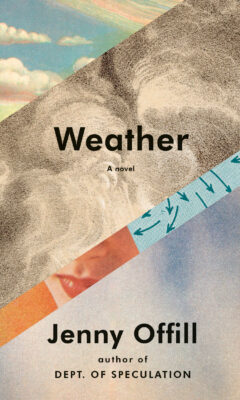
Lovis and Mary talked some about Kenneth Grahame’s The Wind in the Willows. Is it eco-fiction? Most probably, according to Jim Dwyer, author of Where the Wild Books Are: A Field Guide to Ecofiction.
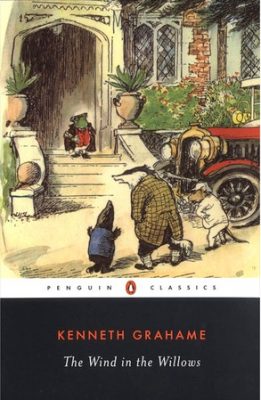
Forrest talked about Richard Powers’ The Overstory, and eventually he and Lovis collaborated on a Stories for Earth podcast and Ecofictology video about the Man Booker and Pulitzer prize-winning novel. Ian also recommended David Abram and Richard Powers‘ thoughts on “some of the metaphysical underpinnings, ethics, ‘writing for nature, rather than of’ it.” We’re also highly anticipating Powers’ novel Bewilderment, slated for this fall.
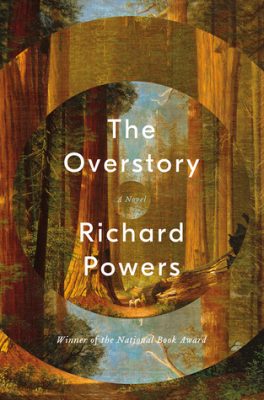
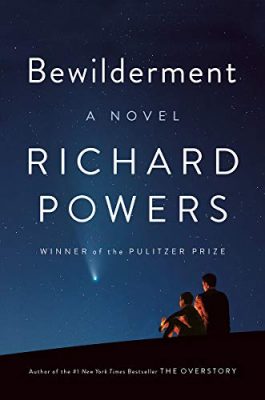
Lovis, Ian, Mary, and Forrest explored The Word for World is Forest by Ursula K. Le Guin. Just who is Captain Davidson? This evolved into a conversation about evil characters in fiction. Some stay that way as constant antagonists, and some are redeemed. Sometimes the author or director teases us and makes us like them. Examples are found in the shows “Lost” and “Game of Thrones.” We also talked about characters found in Lord of the Rings and Harry Potter. And we had a tangent about the movie Avatar.
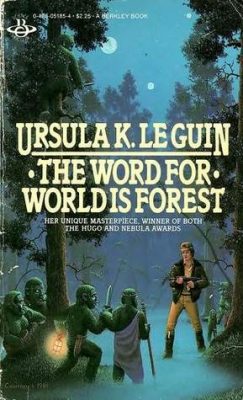
Lovis began reading Marlon James’ Black, Leopard, Red Wolf. “Very powerful writing,” she stated.
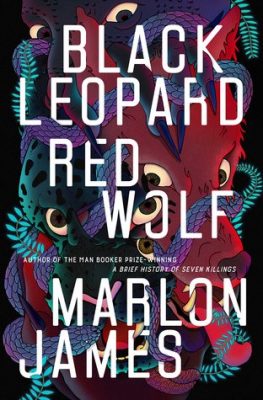
Mary was wowed by Venetia Welby’s Dreamtime, coming out in July 2021. “The story takes place in the future and follows a woman named Sol and her best friend Kit, who have grown up in a cult in Arizona. A lot of the complexity of the novel is due to humans unable to truly embrace reality in all its dimensions–including how the history of humans has changed the physical, cultural, and emotional landscape of the world through conquest, ecological ruin, killings, and climate change. How do humans live in such a world without some utopian climate-controlled cult where drugs and sex help one to forget. But Sol’s mother comes to her to let her know about her real father, that he’s alive, in Japan–and it’s a missing puzzle piece that has haunted Sol forever. Because of climate catastrophe, planes are soon being outlawed, and she and Kit catch one of the last planes to Japan. The crazy, raw descriptions of Japan are just miraculously beautiful at times, full of Japanese myth and animal spirits, yet also horribly accurate about the aftermaths from Americans’ history of dumping waste and using the islands from ww2 onward–and now the islands are sinking due to climate change. There are no safe places. Welby really takes us into this haunted world of the future, to lost worlds and oneiric places, which are in ruin and scream of the past, present, and questionable future. Everywhere are ghosts and memories filtering into the present.”
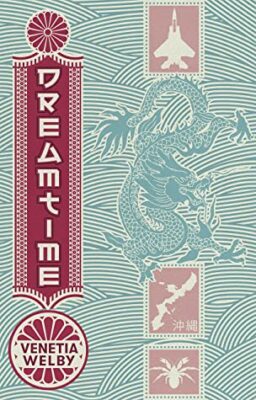
What almost everyone is reading or wants to read right now is Imbolo Mbdu’s How Beautiful We Were.
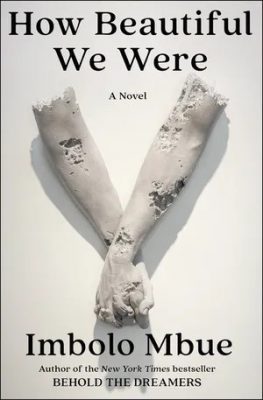
Barb and Lovis are excited to read Robbie Arnott’s The Rain Heron.
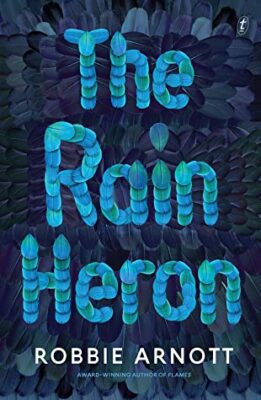
Mary and Lovis discussed the ecological weird on an Ecofictology episode, and Mary highly recommended a couple classics in the genre: Algernon Blackwood’s The Willows and Michael Bernanos’s The Other side of the Mountain.
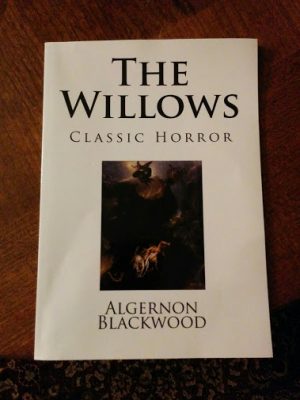
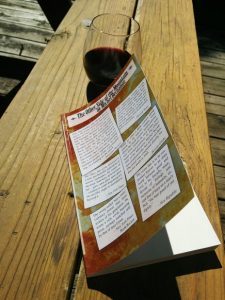
Mary noted her new reads: all sent to her by publishers: The Swimmers by Marian Womack; Black Lives Matter: Poems for a New World, edited by Ambrose Musiyiwa; and Yaba Badoe’s Wolf Light.
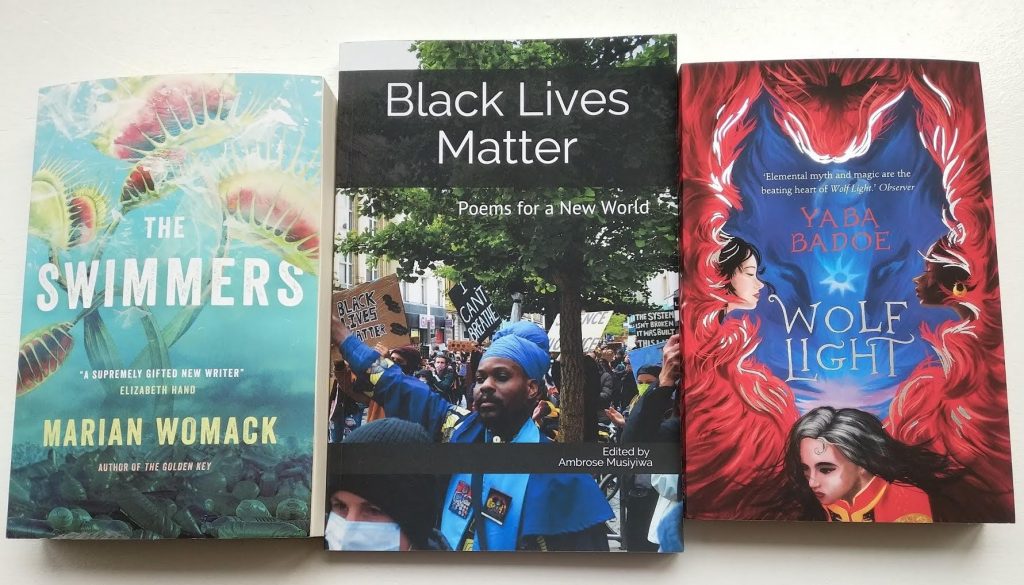
Lovis and Mary are in love with Rory Power’s Wilder Girls. She has a new novel coming out, The World Ends Here, so we’re looking forward to that.
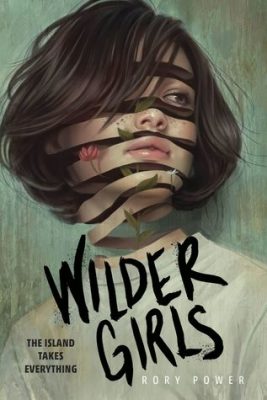
Both Lovis and Forrest enjoyed Sunvault: Stories of Solarpunk and Eco-Speculation, edited by Phoebe Wagner and Brontë Christopher Wieland.
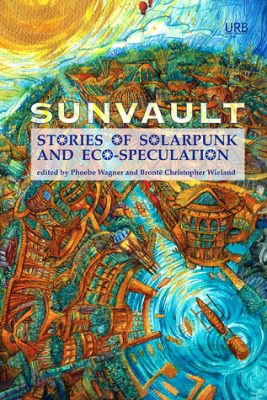
Rewilding Our Stories: Authors
Early on, when the Discord started, we began discussing our own novels and recommendations. Several of us are authors, so I would like to recommend some of our books.
John Yunker, from Ashland Creek Press, is the author of The Tourist Trail and Where Oceans Hide their Dead. He’s also the editor for the Among Animals series.
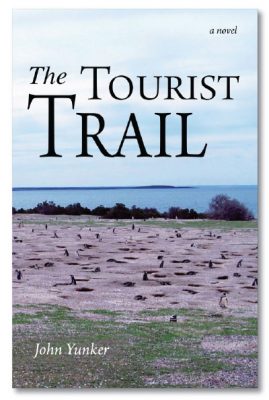
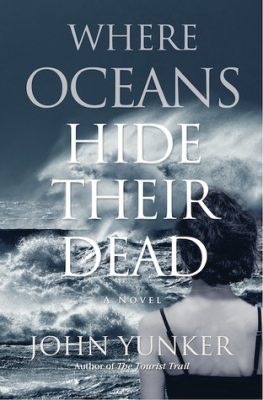
Mary Woodbury, who writes fiction under pen name Clara Hume (hey, that’s me) has two novels published so far: Back to the Garden and Bird Song: A Novella.
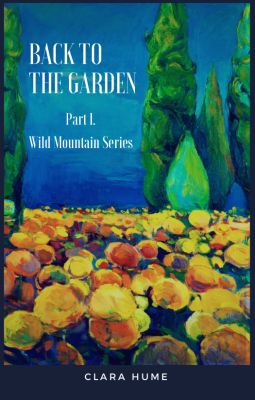
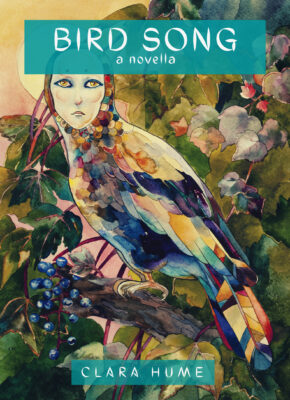
Tlotlo Tsamaase is an author of various short fictional stories about climate change as well as the book The Silence of the Wilting Skin.
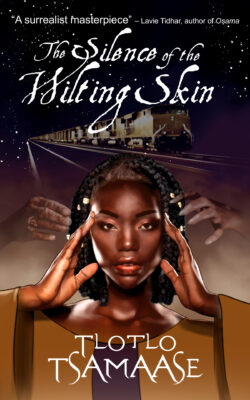
Calyx, another member, is the editor of the anthology And Lately, the Sun.
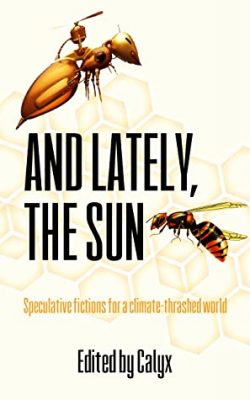
Member Catherine Bush is the author of Blaze Island.
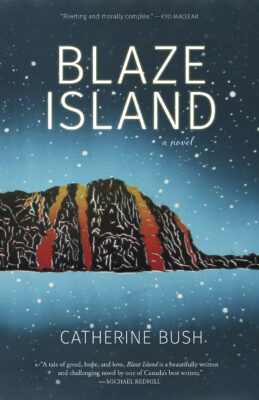
Anne Coray is the author of Lost Mountain.
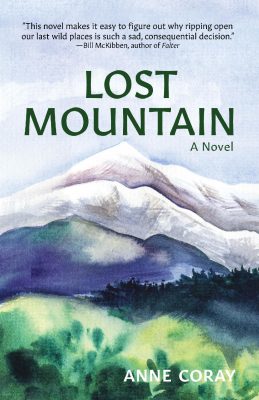
Ryan Mizzen wrote the children’s novel Hedgey-A and the Honey Bees.
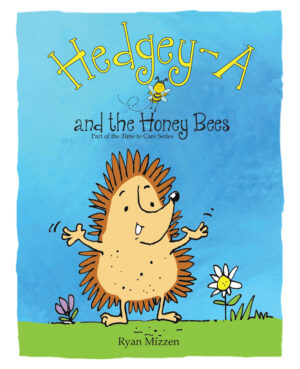 Another children’s book author is by Emma Reynolds, whose Amara and the Bats picture book is coming in July 2021.
Another children’s book author is by Emma Reynolds, whose Amara and the Bats picture book is coming in July 2021.
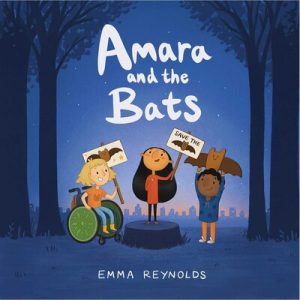
Nina Munteanu’s Diary in the Age of Water is a saga-like fictional account of water scarcity and climate change, though is, in every way, a mirror of what’s happening in our world and where we’re headed.
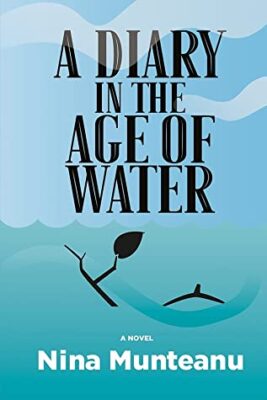
Sally Cole-Misch authored The Best Part of Us.
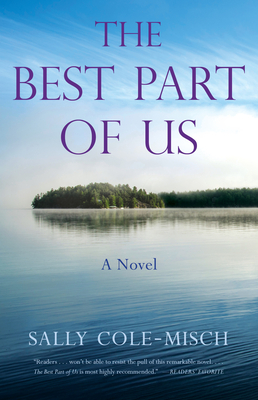
Member Sam J. Miller wrote Blackfish City.
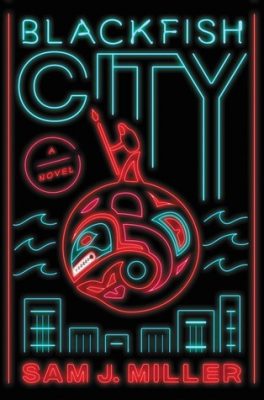
Please see our privacy and copyright page for use of book covers.